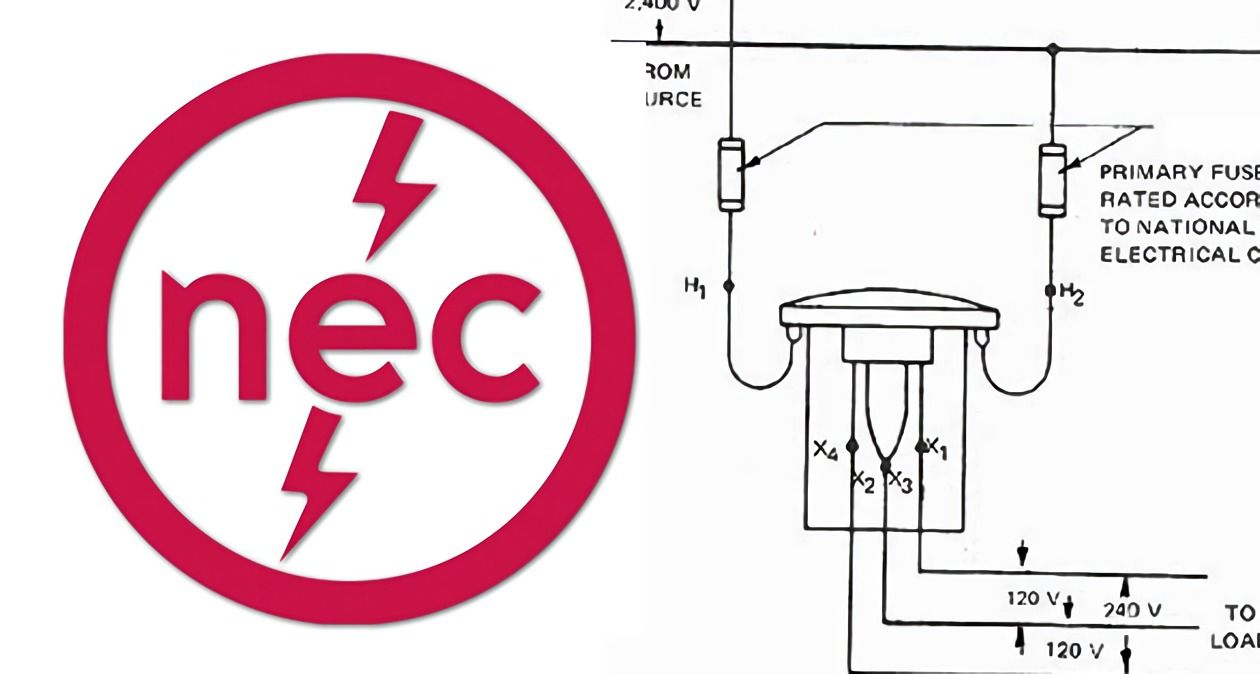RSI is a Great Training Option for Everyone
Learn more about how we can prepare you to advance your career.
The National Electricity Code (NEC) has been adopted in all 50 states. Its purpose is to provide a benchmark for safety when it comes to electrical design, inspection, and installation. The safety measures it mandates protect people and property from the hazards of improperly installed electrical wiring or equipment.
The NEC specifically discusses the way electrical conductors, equipment, wiring, signaling, and communications conductors should be installed. Installation locations covered by the code include commercial, industrial, and residential buildings and properties.
With proper electrician training, most professionals should be able to handle the requirements of the code very well. Most electrician professionals know the code by memory, because they work within its boundaries every day. It helps them ensure that their work is up to acceptable national standards and is safe for the people who will be using it.
The code is not legally binding as a U.S. law as it is written. Nonetheless, it is used as the standard to follow for electricians across the nation, and can be incorporated into state and local law. Having a national standard of electrical engineering practices ensures an equality of electrical services is provided to everyone.
Adopting the code, which all states and most cities have done, means that local and regional regulators can enforce the code and impose penalties on electrical engineers if they do not follow it. Because the code is not legally binding as a U.S. law, this gives states and municipalities the ability to amend it or change parts of it altogether in order to meet the particular needs of their unique area, while still maintaining the high standards of service expected by those who hire electrical professionals.
Get Started on the Path to a New Career
Fill out our form to learn how we can help you change your life.
The code was developed by the Committee on the National Electrical Code, and was first published over a century ago in 1897. The Committee has 19 panels that are responsible for creating the code, plus a technical committee for devising correlating code that fits in with the standards and expectations of the industry. The code is an ongoing piece of work, changed and adjusted as technology changes. Its creation and development is sponsored by the National Fire Protection Association and gets its status as a national standard by the American National Standards Institute.
The code is updated and re-published every three years to make sure it stays current. The most recent edition is the 2014 code. A state or city may or may not adopt the most recent edition of the code as soon as it is published. Most do adopt it sometime before the next edition is published, though. Also, even though it is not uncommon for local areas to change parts of the code to suit their unique needs, the NEC is the least amended code in the United States.
It is important to use the code as closely as possible for anyone working in the electrical industry. Electrical engineers, electricians, technicians, companies, and even cities that issue building permits may be presented with a lawsuit if the code is not followed in a building project, and that negligence results in injury or loss of life or property. Courts have upheld the code numerous times in such lawsuits, proving its acceptance as a U.S. standard. This also gives states and cities incentive to create and enforce building codes that use the NEC.
Because it is used nearly everywhere, the code is the default standard of electrical engineering when no other codes are present to guide the engineers and technicians. Those who study for an in-demand career as an electrician at a trade school such as Refrigeration School, Inc. will learn the code as part of their training. They will then spend years apprenticing, where they will study the code in action and learn it backward and forward by using it in their everyday work. Obtaining an electrician’s license, after all the schooling and training, means knowing the code. It is as much a part of the job as the technical knowledge taught in electrician school.
Additional Sources
This blog has been labeled as archived as it may no longer contain the most up-to-date data. For a list of all current blog posts, please visit our blog homepage at https://www.rsi.edu/blog/




